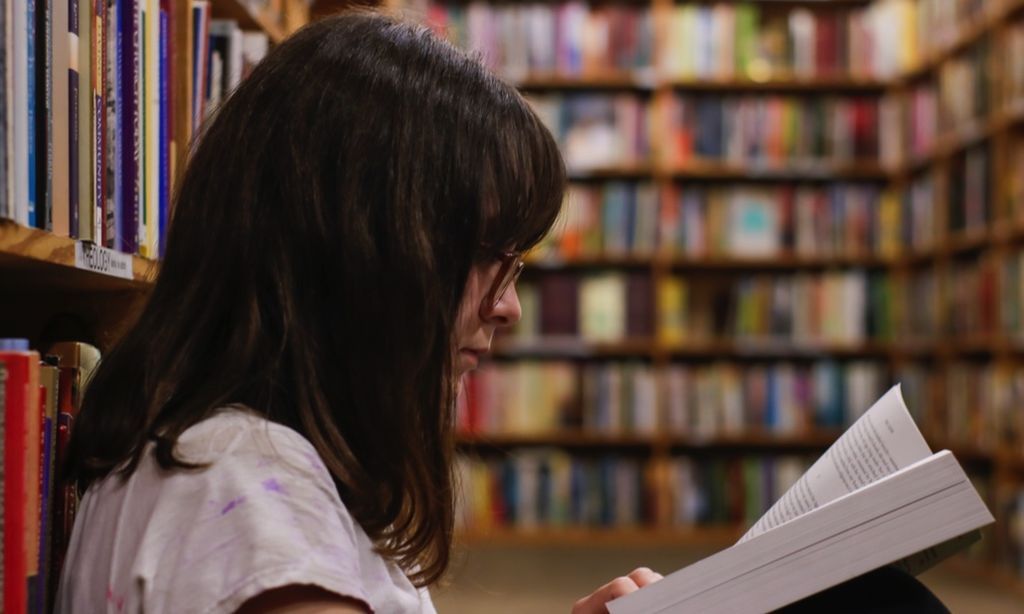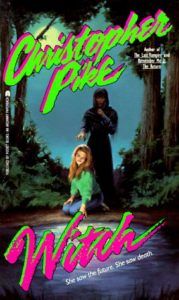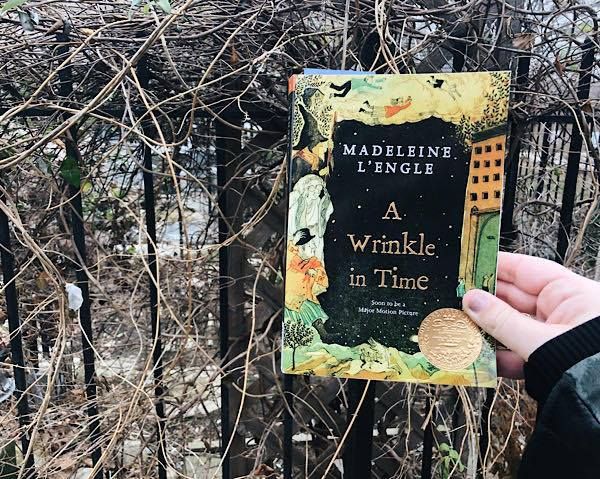
Returning to Childhood Bestsellers I Skipped
When I was a kid, I was resistant to any recommendation of a book that adults told me kids my age liked. When I was first handed a Harry Potter book, my mother bought it for me—she said that her boss had recommended it as the next big kids’ book and that he loved it. I then put it on a shelf and didn’t read it. It took being home one day over spring break with nothing to read for me to finally pick it up, and I was instantly hooked.
I realized only recently why I was so resistant to these popular books. It had to do with the suspicion that the adults were just trying to limit me to the classic interpretation of my age level. At ages 5 and 6, we had these in-class reading tests where you did reading comprehension. I enjoyed them at first, but they soon became a chore, because each year, the teacher would make me start low on the scale. Each year, I’d beg to skip up a few levels, but be told I had to start where everyone did. Or, they’d tell me I could level up as quickly as I passed the tests, but then put a limit on how many tests I was able to do a week. One teacher even accused me of cheating by looking at the answer key (because I was finishing the tests too quickly, according to her), and she made me answer extra questions to prove I actually read the stories.
The lesson for me at the time was that the teachers in my life wanted me to slow down. They didn’t want me to overachieve. Or, they wanted me to do well but were told by the school system that I shouldn’t get too far ahead (for another example of this, see my piece about why reading The Hobbit in 6th grade was such an awful time in my young education). I took away from all this that reading for school was boring, and that I couldn’t expect to like the material I encountered there. Instead, I would have to get easy A’s in English class and fulfill my reading needs elsewhere.

I think that as a result, until I got teachers that truly challenged me in middle and high school, I resisted any recommendations that were pitched to me as age appropriate, or as popular among kids my age. If it was on a shelf, I’d pick it up. But if it were pushed into my hands, I’d reject it sharply and firmly, or read it begrudgingly, suspiciously, expecting not to like it.
It was only once my literature teachers no longer minded if I read ahead, when they started to encourage me to push my abilities rather than suggest I was too young to read some classics, that I began to mysteriously drop my mistrust of school-sponsored book recommendations or school-assigned reading, that I stopped resenting people putting books into my hands and started reading anything recommended. Only once I was being challenged in the school environment could I go back to trusting “authority-recommended” sources on books. Only once I felt that I could trust teachers and school to trust me, and to trust my reading level, was I willing to take the books they recommended to me.
It took me until much later in my adulthood to understand this. It’s part of why I had a resurgence of love for young adult books in my college years. And it’s why recently, as an adult in my mid-20s, I started picking up the books I remember being recommended over and over again when I was a child, that I resisted, that I pushed back on and never gave a chance. I only recently read The Phantom Tollbooth by Norton Juster, which I adored. And two days ago, I walked into an independent bookstore and picked up A Wrinkle in Time by Madeleine L’Engle. There’s a pile of horse-girl classics that I spurned in favor of Joanna Campbell’s Thoroughbred series, but I want to return to that stack too. I’m returning to the classics that I rejected when I was younger and finally discovering their brilliance.














